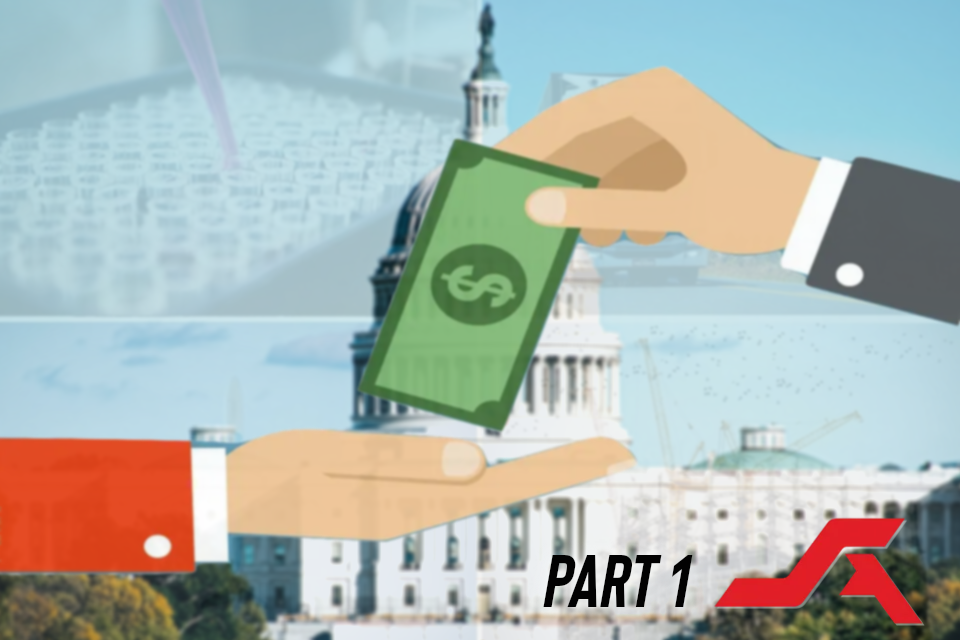While the Federal Government spends billions annually through contracts with industry, many products and services are purchased, from pencils to spaceships. Most people don’t understand that the basic principles of contracting don’t change when buying simple products or complex cutting-edge technologies. The Government usually prefers two types of contracts: fixed-price or cost-type because ultimately, all contracts come down to price/cost to obtain the product. When the final requirement is determined, the CO’s most significant decision is whether to use a fixed price or cost.
Contracts are all about risk. Risk is determined by how both parties see the probability of success. R&D contracts are mostly cost-based, as the outcomes from R&D can vary greatly. When buying janitorial services, the contracts are fixed price because the requirements are clearly defined and the outcome is easily measured.
What the Government buys can be divided into four major categories: Research and Development (R&D), Services, Hardware, and Construction. Each of these categories has unique factors that drive the contract terms and pricing. Services and hardware usually have very defined requirements and are usually fixed-price with very straightforward terms and conditions. Construction contracts are usually fixed-cost, but many have incentive provisions.
Some needs of the Government go through various stages. For example, a new military weapon will start with an R&D cost contract and, over time, go into a fixed price full-rate production contract. This process may take years; along the way, the contract types change as risks are reduced for both parties. The Government is trending towards more commercial solutions and will likely see services, hardware, and construction contracts reflect more consumer-oriented contracts. The Government needs software, it buys a software license and downloads it from the web. Fast and easy, with the Government accepting the commercial solution already in use in the private sector.
Skyways contracting officers have experienced these situations to various degrees in their careers. The contracting officer is a business advisor to the customer. While a customer knows what he wants, he depends on the contracting officer to acquire the solution in accordance with the rules and regulations. Look forward to more blogs where we will dive deeper into these contract categories’ unique characteristics.



